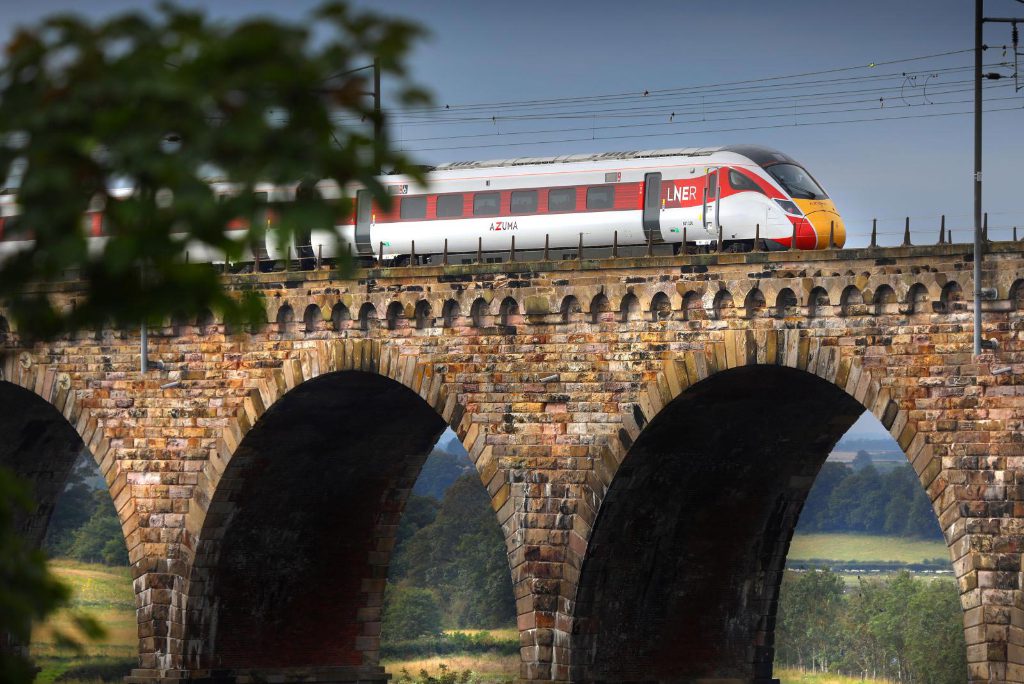Europe's Rail Sector Could Fail as a Greener Travel Option Due to Its Outdated Tech

Skift Take
Rising interest in intercity train travel has been amplified by new European incentives that favor greener forms of travel, plus deregulation. But rail operators are hampered by their old IT systems, which aren't ready to sell to international travelers in the Google era.
Online ticket buying for intercity rail in Europe remains inadequate, despite trains seeing a rise in sales from environmentally-conscious travelers. Rail operators could be gaining more market share at a crucial moment if they were more tech-savvy.
European governments have begun pushing consumers to use trains, which emit less carbon than planes. This year, the French, German, and Austrian governments tied pandemic-related state aid to airlines to demands that the carriers become greener. Air France has already cut most domestic flights under two-and-a-half-hours to favor rail.
"We have closed some non-connecting routes from Paris where there were alternatives on routes below two hours and thirty minutes," said Air France CEO Anne Rigail at Skift Aviation Forum recently. "We are working with the French railway, SNCF, to improve our inter-mobility and connections."
The push to go green poses an opportunity for railways, which have been underpriced for years by low-cost carriers on many routes.
"Before the crisis, we saw organic growth in transactions of about 7 percent, year-over-year in the more mature European markets," said Aaron Gowell, CEO of rail tech provider SilverRail.
"For big, mature markets in countries with almost no population growth, to get 7 percent growth is actually quite a big number," Gowell said. "We did some survey work, and a lot of it came down to the greening of travel. People were consciously making, in particular, swapping out regional short-hop flights — primarily business travelers."
Rail regulation, a historic obstacle, has been loosening up. Next year will be the first full year under new European Union rules designed to open up the domestic passenger services market. It is cutting the red tape railways face when running operations outside their home countries.
Deregulation opens up opportunities for carriers to enter foreign markets, which will bring competition on routes that international travelers covet. For instance, in Spain, the incumbent operator Renfe is being confronted with French operator SNCF. Starting in March 2022, Italy's Trenitalia will also compete on some long-distance routes, such as Madrid and Barcelona.
Yet Expedia Group's October spinout of rail tech provider SilverRail after owning the rail tech company for only two years highlighted the sector's troubles.
Rail distribution faces a Catch-22. International visitors buy fewer than 5 percent of intercity rail tickets in Europ

